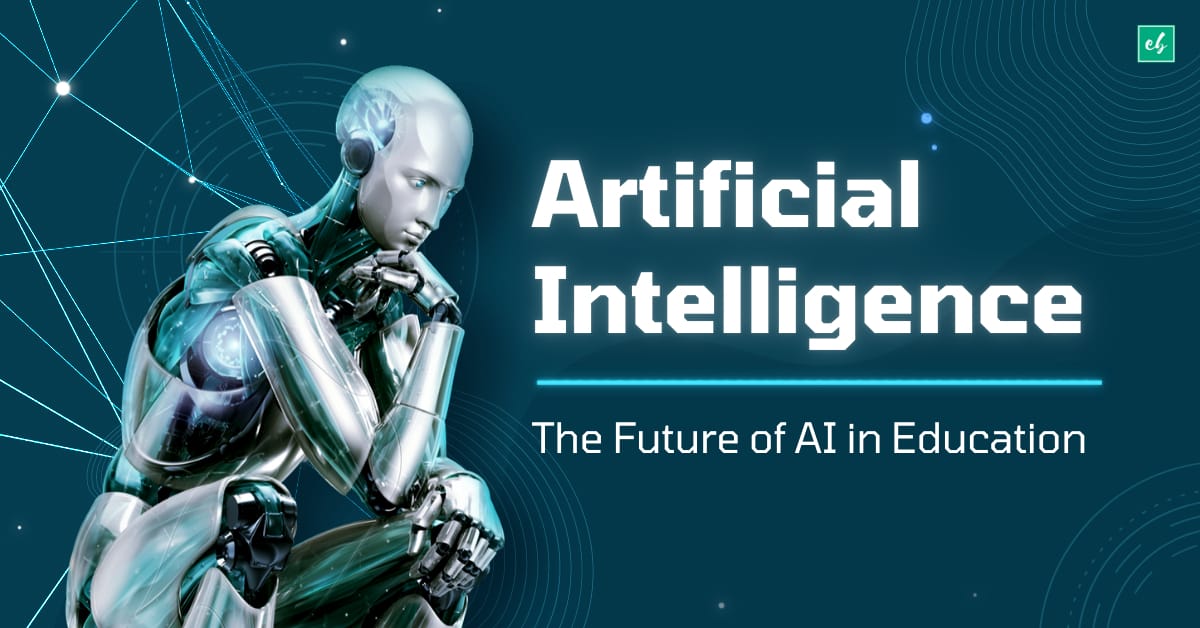Artificial Intelligence (AI) has been a hot topic in recent years, with advancements in machine learning and natural language processing making it possible for machines to perform tasks that were once the exclusive domain of humans. One area where AI is set to have a significant impact is education. In this blog post, we will explore the future of AI in education and the potential benefits it could bring.
- Personalized Learning
One of the most significant benefits of AI in education is the ability to personalize learning. By using algorithms and machine learning, AI can analyze data on a student's learning style, progress, and interests and adapt teaching methods to meet their individual needs. This approach can lead to improved learning outcomes and engagement among students.
- Intelligent Tutoring Systems
Intelligent tutoring systems are another application of AI in education. These systems use machine learning algorithms to provide personalized feedback and guidance to students, simulating the experience of having a personal tutor. This approach can help students to learn more effectively and efficiently, reducing the need for one-on-one instruction.
- Automating Administrative Tasks
AI can also be used to automate administrative tasks in education, freeing up teachers and administrators to focus on teaching and student support. For example, AI-powered chatbots can handle routine queries and provide students with instant responses to common questions, such as class schedules and assignment deadlines.
- Virtual Classrooms
Virtual classrooms are another area where AI is set to have a significant impact. By using AI-powered virtual assistants and chatbots, students can interact with each other and their teachers in real-time, creating an immersive and engaging learning environment. This approach can help to bridge the gap between online and in-person learning, providing students with the benefits of both.
- Predictive Analytics
Finally, AI can be used to perform predictive analytics in education, helping teachers and administrators to identify students who may be at risk of falling behind or dropping out. By analyzing data on student performance and behavior, AI can flag potential issues and provide teachers with the information they need to intervene and provide additional support.
In conclusion, AI is set to revolutionize education, bringing personalized learning, intelligent tutoring systems, automation, virtual classrooms, and predictive analytics to the forefront. By leveraging these tools, teachers and administrators can create more effective and engaging learning experiences, leading to improved learning outcomes and a brighter future for students.
Overall, the potential benefits of AI in education are vast, and it's essential for educators and administrators to stay up-to-date with the latest developments in this field. As AI continues to evolve, we can expect to see even more exciting applications of this technology in education and beyond.

